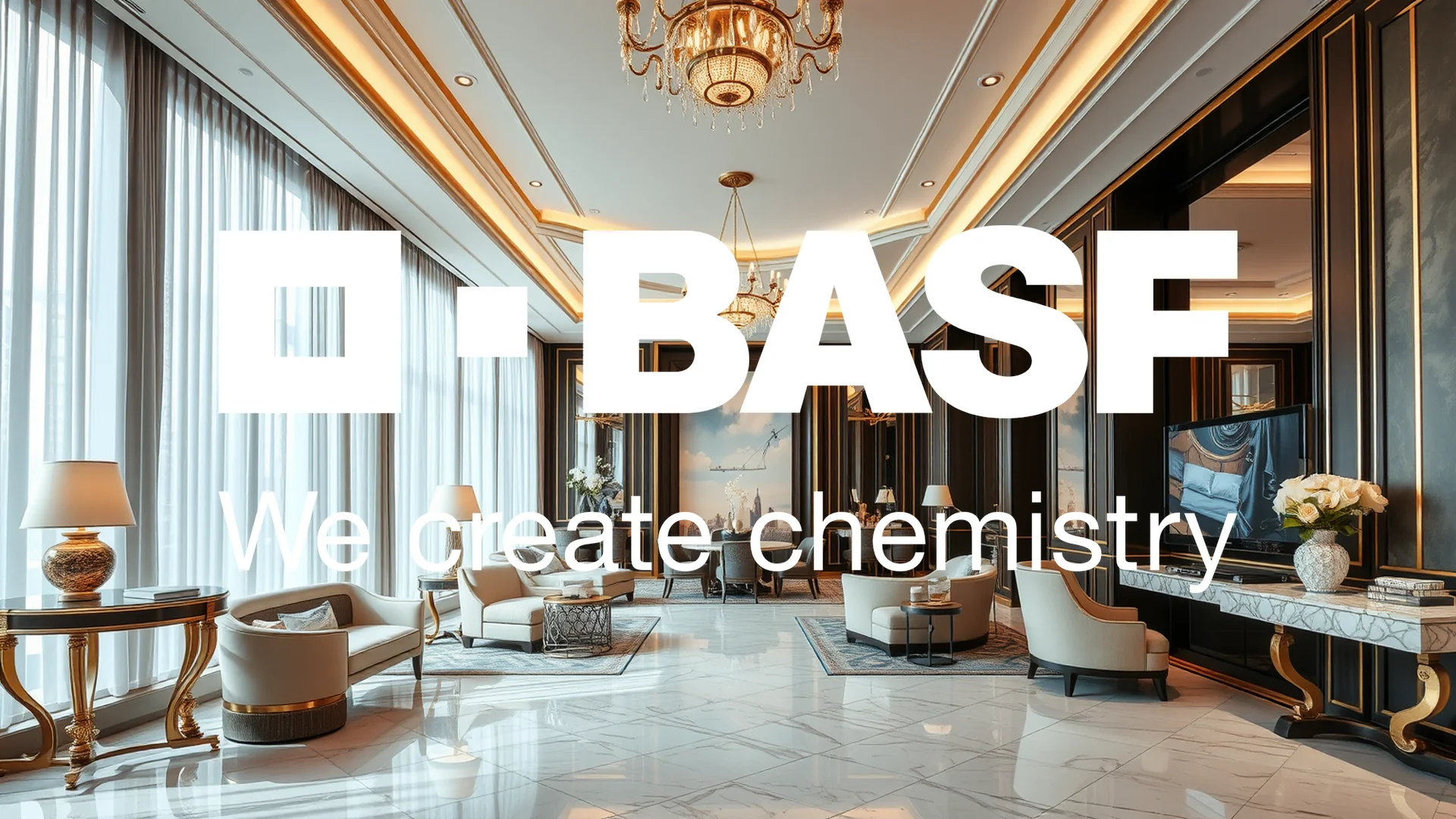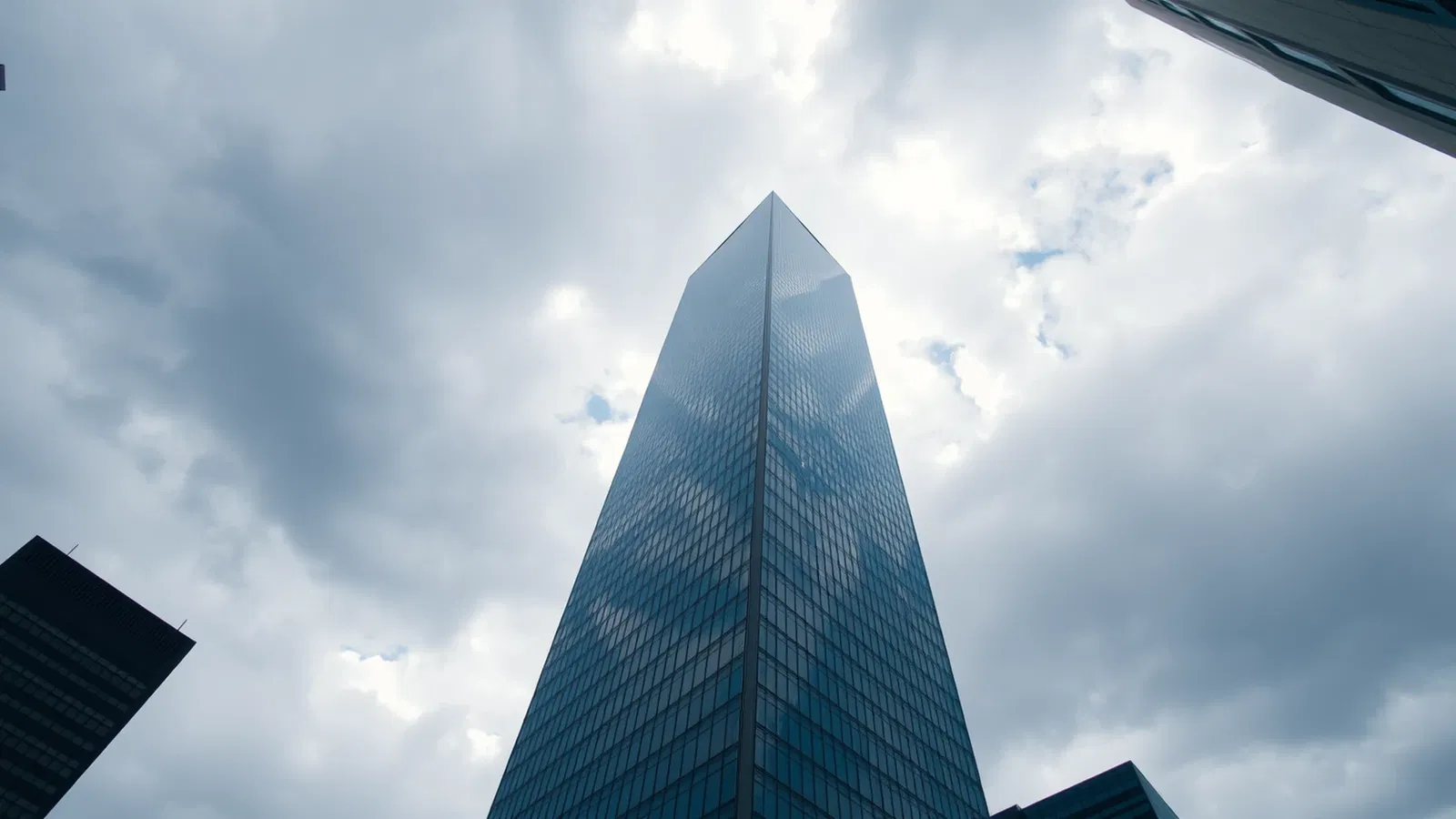BASF is implementing a decisive strategic shift to navigate complex market conditions. The German chemical conglomerate is simultaneously streamlining its operations while making significant investments in next-generation technologies. This dual approach raises a compelling question: is the DAX heavyweight strategically restructuring itself to emerge stronger?
Strategic Realignment Takes Center Stage
The recent decision to exit the hydrosulfite business is a targeted strategic move, not a random cut. This operation involves ceasing production of specialty chemicals for the textile and paper industries. Dr. Ramkumar Dhruva, the division president, emphasized that “Focus is a cornerstone of the BASF Winning Ways strategy,” signaling a clear corporate priority on profitability over sheer volume.
This action forms part of a broader strategic review of the company’s Ludwigshafen headquarters. BASF is deliberately concentrating on business areas with long-term value creation potential and divesting from less profitable segments. For the 65 employees affected by this decision, the company has committed to assisting them in finding new roles within its global workforce of 112,000.
Financial Headwinds and Portfolio Optimization
The timing of this announcement is significant, coming shortly after BASF revised its full-year forecast downward in July:
- Revised EBITDA Forecast: €7.3 to €7.7 billion
- Previous Guidance: €8.0 to €8.4 billion
The basic chemicals segment is particularly challenged by industry overcapacity and compressed profit margins. These difficulties are compounded by geopolitical uncertainties and volatile U.S. trade policies. A key focus for investors is whether the ongoing portfolio optimization can effectively counter these adverse conditions.
Should investors sell immediately? Or is it worth buying BASF?
Future-Forward Investments Provide Balance
While scaling back in traditional sectors, BASF is clearly signaling its growth trajectory through strategic investments. On the very same day as the closure announcement, the company revealed the launch of a solar farm with battery storage in Texas. This facility is designed to meet 100% of the electricity needs for its Freeport site.
In a separate but equally significant move, BASF Battery Materials signed a major framework agreement with Chinese battery giant CATL for the supply of cathode materials. This partnership underscores BASF’s serious commitment to securing a leading position in the competitive electric mobility supply chain.
Assessing BASF’s Equity Position
BASF shares are currently trading at €42.37, reflecting the market’s assessment of these pressures:
- The price sits notably below its 52-week high of €53.98, representing a decline of 21.5%.
- Year-to-date performance has been nearly flat, showing a slight decrease of 0.34%.
- A Relative Strength Index (RSI) reading of 36.3 suggests the stock is in slightly oversold territory.
The coming weeks are poised to be critical for providing market direction. The Capital Market Update scheduled for October 1st and 2nd, followed by the Q3 earnings release on October 29th, will offer crucial evidence on whether these strategic cuts are achieving the intended restorative effect. The transformation is underway, but the DAX giant’s full recovery remains a work in progress.
Ad
BASF Stock: Buy or Sell?! New BASF Analysis from February 7 delivers the answer:
The latest BASF figures speak for themselves: Urgent action needed for BASF investors. Is it worth buying or should you sell? Find out what to do now in the current free analysis from February 7.
BASF: Buy or sell? Read more here...












